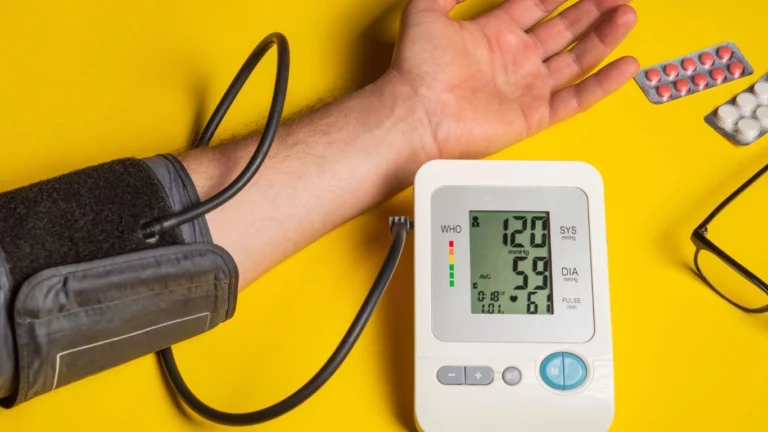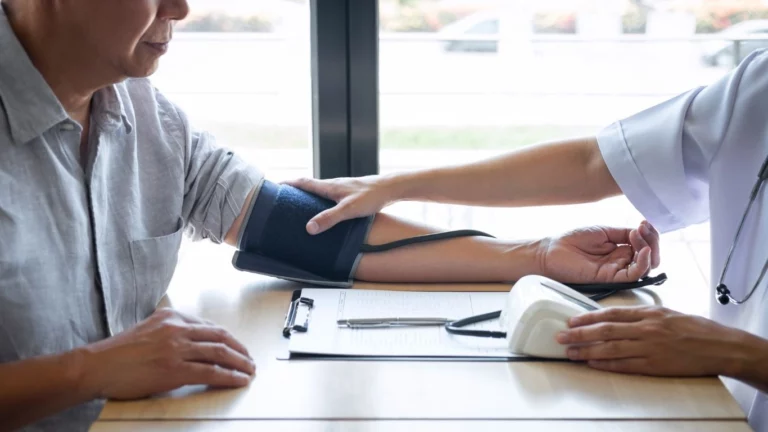How Long Do GERD Symptoms Last? – What You Need to Know
So you’re dealing with GERD, and you’re probably wondering, “How long do these symptoms actually last?” It’s frustrating when acid reflux keeps popping up, but the good news is you’re not alone, and the duration of symptoms can vary.
Gastroesophageal reflux disease (GERD) can be a real pain. It’s not just the occasional heartburn; we’re talking about chronic acid reflux that leads to a burning sensation in your chest, difficulty swallowing, and a sour taste in your mouth. The big question, though, is how long do GERD symptoms last?
The answer isn’t one-size-fits-all because GERD symptoms can differ from person to person. Some might have occasional flare-ups, while others experience symptoms more persistently. In this guide, we’ll walk through the various factors that affect the duration of GERD symptoms and offer advice on managing them effectively.
What Determines How Long GERD Symptoms Last?
The length of GERD symptoms largely depends on a few key factors. Understanding these can help you manage your symptoms better and get a clearer picture of what you’re dealing with.
1. Severity of GERD
The severity of GERD plays a huge role in how long symptoms last. If you have mild acid reflux, symptoms might only last for a few minutes or hours after eating certain trigger foods. On the other hand, more severe cases of GERD can result in ongoing, persistent symptoms that can last for days or even weeks if left untreated.

2. Lifestyle Choices
Your diet, sleep patterns, and physical activity level can all impact how long your GERD symptoms stick around. For instance, if you’re prone to eating spicy foods, fried snacks, or drinking too much coffee, you might find your symptoms lasting longer. Similarly, if you eat a heavy meal late at night or lie down too soon after eating, GERD symptoms can flare up more frequently.
3. Treatment and Medication
Medications like proton pump inhibitors (PPIs) or H2 blockers can significantly reduce the duration and frequency of GERD symptoms. However, if you don’t follow through with prescribed treatments or skip doses, your symptoms could persist for a lot longer. For some people, lifestyle changes like eating smaller meals, elevating the head during sleep, and avoiding trigger foods can offer relief almost immediately, while others may need longer-term medication management.
How Long Do GERD Symptoms Last Without Treatment?
If GERD is left untreated, the symptoms can continue for weeks, months, or even years. While some people experience just occasional flare-ups, others might deal with chronic symptoms that interfere with daily life. Without proper treatment, GERD can also lead to more serious complications, such as esophageal damage or strictures.

However, you might find that by making certain lifestyle adjustments (like losing weight or cutting out acidic foods), you can manage GERD symptoms on your own and reduce their duration. But if symptoms are persistent or worsening, it’s time to consult a doctor.
How Long Do GERD Symptoms Last with Treatment?
When you’re under the care of a doctor and following a treatment plan, GERD symptoms should improve significantly. In mild cases, relief can come within a few days of starting medication and making dietary changes. However, for chronic GERD, it may take a few weeks or even months to see substantial improvement. If you’re taking prescription meds, following the doctor’s guidelines is key.
Managing GERD Symptoms with Medication
For most people, GERD symptoms improve quickly once they start taking the right medication. Proton pump inhibitors (PPIs), H2 blockers, and antacids can help reduce stomach acid and prevent symptoms from flaring up. If you’re following your doctor’s prescribed plan, your symptoms should start to feel more manageable within a week or two. If not, you might need a dosage adjustment or a different approach altogether.
What If My GERD Symptoms Don’t Go Away?
If your symptoms continue despite medication and lifestyle changes, it’s essential to check in with your doctor. You could have an underlying condition that needs more targeted treatment. In some cases, doctors may recommend advanced treatments, such as:
- Endoscopy to check for damage to the esophagus
- Surgical procedures to tighten the lower esophageal sphincter
- Lifestyle therapy (like weight loss or stress management)
Long-Term Management of GERD
Managing GERD is often a long-term commitment. You’ll want to adjust your eating habits, monitor your weight, and possibly stick to certain medications for ongoing relief. While it’s a bit of a juggling act, with the right treatment and mindset, you can control your GERD symptoms and improve your quality of life.

Conclusion
So, how long do GERD symptoms last? It depends. With the right treatment, you can expect significant relief within weeks. Without it, though, the symptoms might hang around for a lot longer. If your GERD is giving you trouble, it’s important to get help. Your doctor can tailor a treatment plan to your needs, and lifestyle changes will also help speed up your recovery. GERD symptoms don’t have to be forever, so take action and get back to feeling like yourself.
Appendices
References
- National Institute of Arthritis and Musculoskeletal and Skin Diseases. (2023). Rheumatoid Arthritis. NIAMS.
- American Psychiatric Association. (2022). Depression and Chronic Illness. APA.
- Smith, A. & Lee, R. (2021). The Relationship Between Rheumatoid Arthritis and Depression. Journal of Rheumatology and Mental Health, 38(2), 145-157.
FAQs
- Can rheumatoid arthritis cause depression? Yes, RA can cause depression due to the physical strain, pain, and emotional toll of dealing with a chronic illness.
- How do medications treat both RA and depression? Some medications, such as antidepressants and DMARDs, can help manage both the mental and physical symptoms of RA and depression.
- What role does therapy play in treating depression associated with RA? Cognitive-behavioral therapy (CBT) is particularly effective in helping patients manage their emotional responses to chronic pain and illness.
- Can lifestyle changes help in managing RA and depression? Yes, regular exercise, proper sleep, and a balanced diet can help alleviate symptoms of both RA and depression.
- Is it possible to live a normal life with RA and depression? With the right treatment plan that includes both medical and psychological care, many people with RA and depression can lead fulfilling, active lives.
Disclaimer: The information provided in this article is for educational purposes only and does not substitute for professional medical advice. Always consult with your healthcare provider for treatment tailored to your specific health needs.

Camellia Wulansari is a dedicated health writer specializing in digestive disorders, contributing valuable insights and information to the health and wellness community. With a passion for promoting well-being through knowledge, Camellia serves as a reliable source of expert content on healthusias.com.














